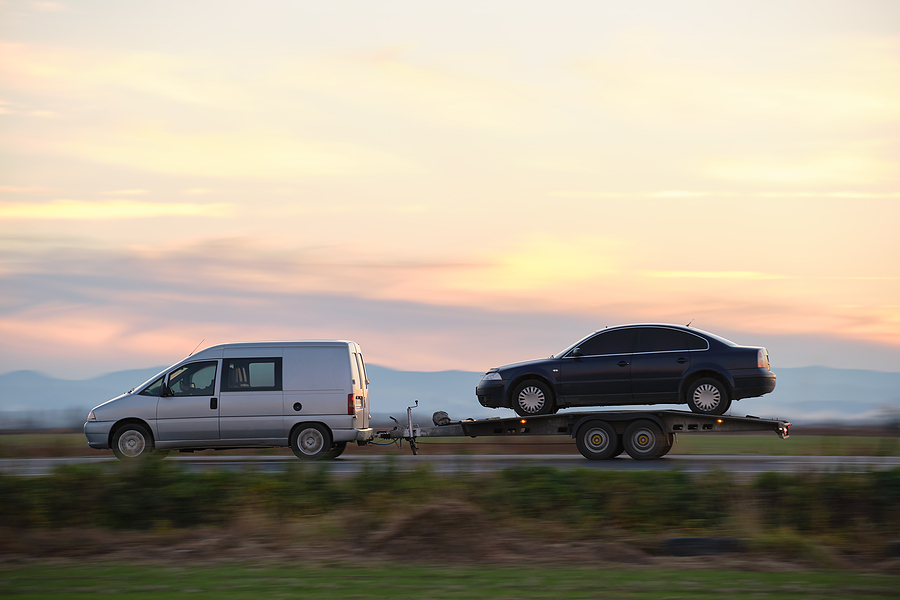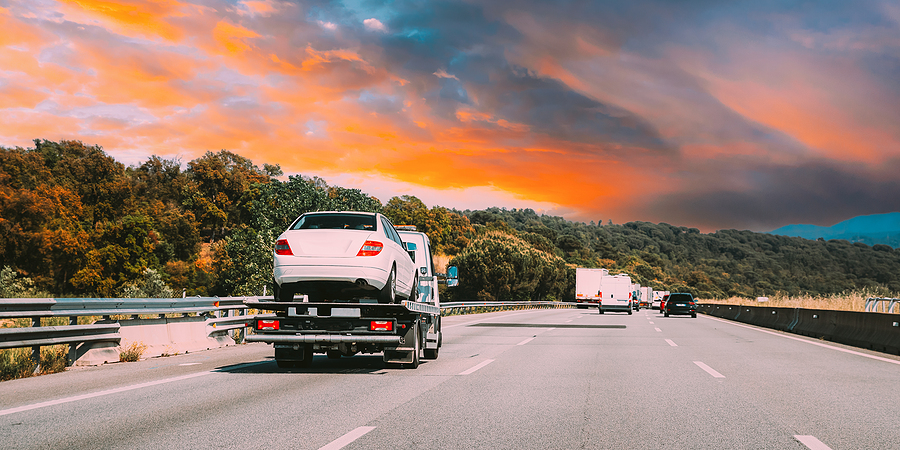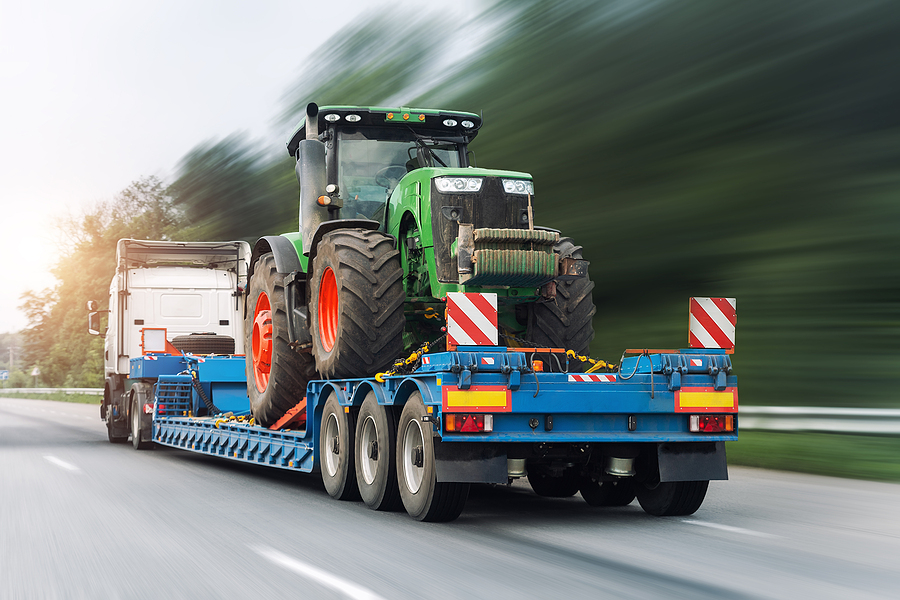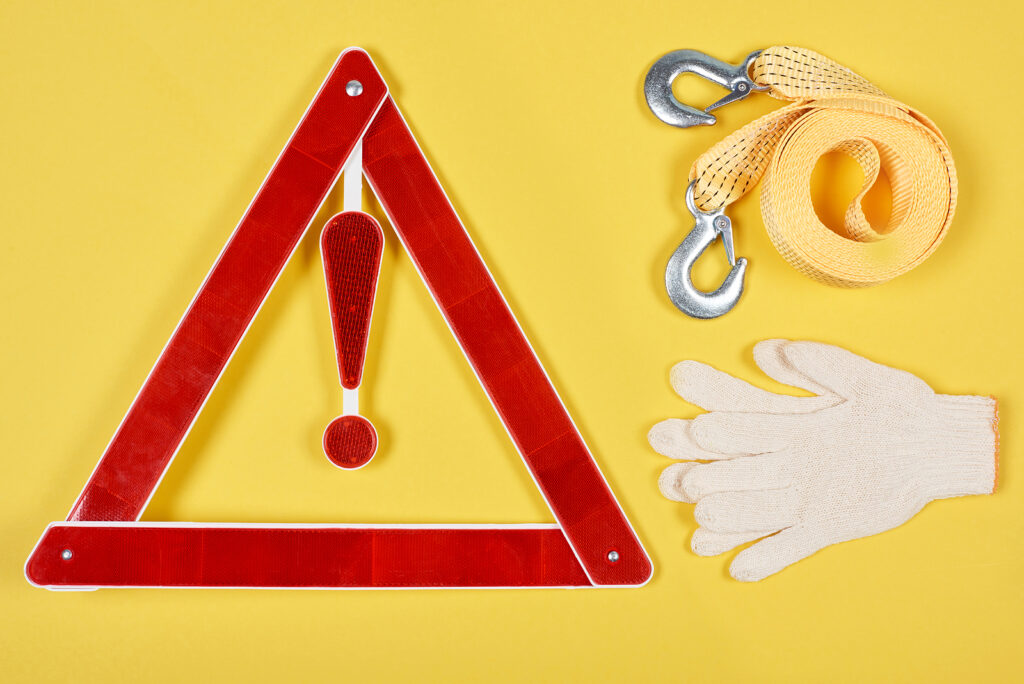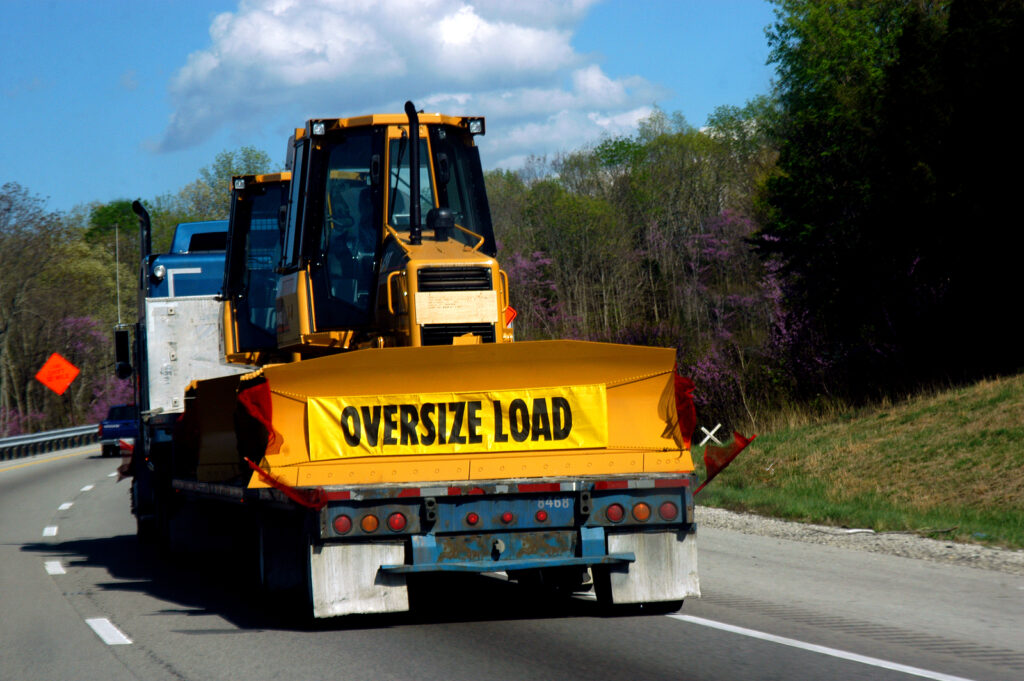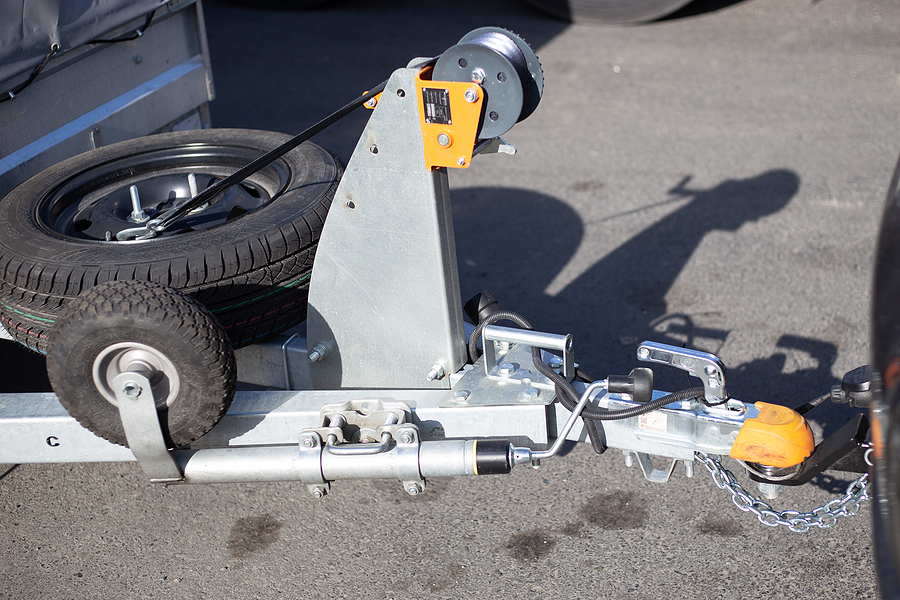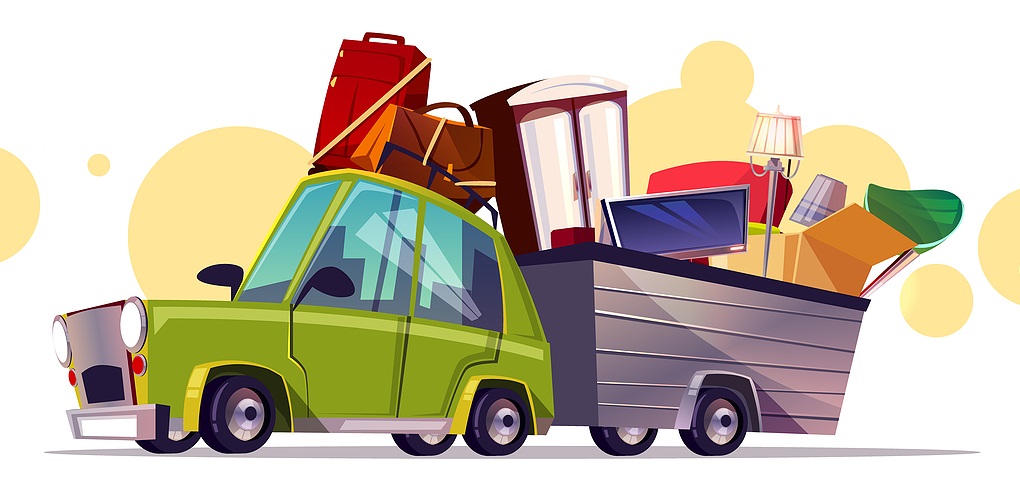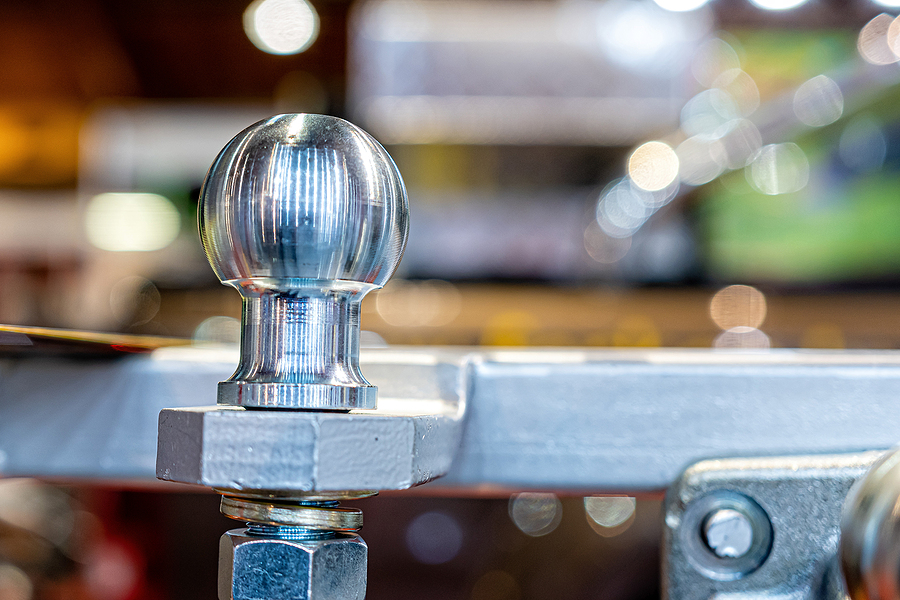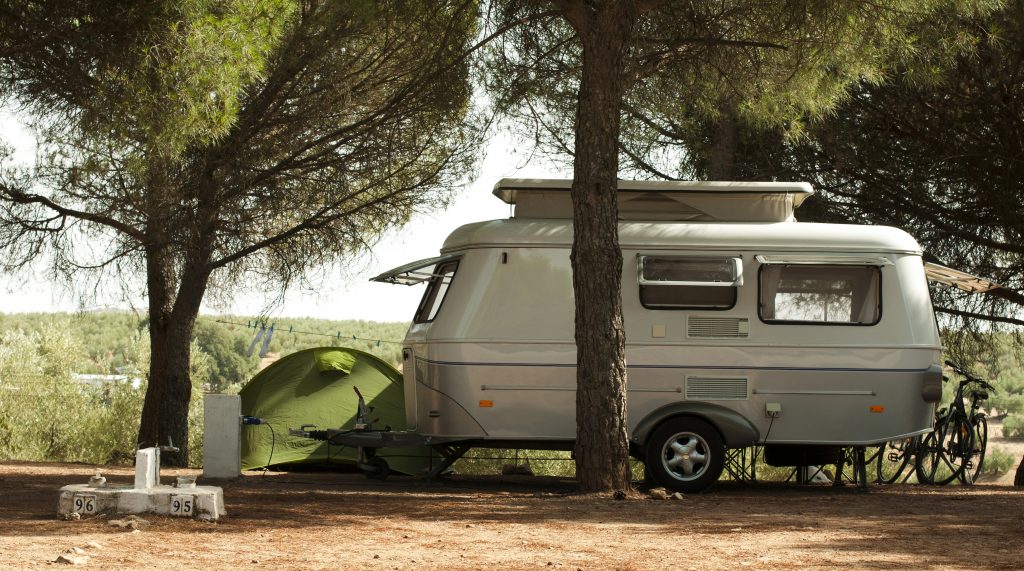In today’s fast-paced world, the need for long-distance towing services is becoming increasingly common. Whether you’re relocating, heading out on an extended vacation, or simply need your vehicle transported over a long distance, preparing your vehicle for such a journey is crucial. Ensuring that your car is ready for the trip can save you time, money, and stress, not to mention the potential hazards of an ill-prepared vehicle on the road.
This blog post aims to provide you with a comprehensive guide on how to prepare your vehicle for long-distance towing. By the end of this article, you will have a clear understanding of what long-distance towing entails, factors that affect it, and practical tips for getting your vehicle ready for the road.

Understanding Long-Distance Towing
What is Long-Distance Towing?
Long-distance towing refers to the transportation of a vehicle over extensive distances, often spanning several hundred miles. Unlike local towing, which typically involves short distances within a city or town, transporting a vehicle over long distances necessitates specialized equipment and careful planning to ensure safe and efficient towing.
Differences Between Local and Long-Distance Towing
Local towing is usually straightforward, involving short trips to the nearest repair shop or dealership. In contrast, long haul tows necessitate meticulous planning and preparation. The primary differences include the need for robust towing equipment, experienced drivers, and a thorough understanding of the route and conditions along the way.
Why Long-Distance Towing is Essential
For many vehicle owners, long-distance towing is a necessity rather than a luxury. Relocation, vacations, and vehicle breakdowns far from home are just a few scenarios where long-distance towing becomes indispensable. Understanding its importance can help you make informed decisions when the need arises.
Factors Affecting Long-Distance Towing
Vehicle Weight, Size, and Type
The weight, size, and type of your vehicle play a significant role in determining the towing approach. Larger vehicles like trucks and SUVs require more powerful towing equipment compared to smaller cars. Ensure that your towing service has the appropriate equipment to handle your vehicle’s specifications.
Weather Conditions and Terrain
The weather and terrain along the route can significantly impact the towing process. Adverse weather conditions such as rain, snow, or high winds can pose challenges, while rough or mountainous terrain requires extra caution. It’s essential to discuss these factors with your towing service provider to ensure they’re well-prepared for any eventuality.
Legal and Regulatory Considerations
Different states and regions may have specific regulations governing long-distance towing. These can include weight limits, permits, and safety standards. Make sure that your towing company complies with all relevant laws to avoid any legal complications during the trip.
Preparing Your Vehicle for a Safe Journey
Regular Maintenance Tasks
Before embarking on a long-distance tow, it’s critical to ensure that your vehicle is in optimal condition. Regular maintenance tasks such as oil changes, brake inspections, and battery checks can go a long way in preventing issues on the road. A well-maintained vehicle is less likely to encounter problems during the tow.
Comprehensive Checklist for Long Trips
A detailed checklist can help you cover all bases when preparing your vehicle for a long-distance tow. Key items to include are:
- Tires: Check for proper inflation and tread depth.
- Brakes: Ensure that they are in good working condition.
- Fluids: Top off all essential fluids, including oil, coolant, and brake fluid.
- Lights: Verify that all lights are functioning correctly.
- Battery: Check the battery’s charge and condition.
Personal Items and Documentation
Remove any valuable personal items from your vehicle to prevent loss or damage during the tow. Additionally, gather all necessary documentation, such as registration, insurance, and identification, to ensure a smooth process.
Choosing the Right Towing Service
Factors to Consider
Selecting the right towing service is crucial for a hassle-free experience. Key factors to consider include the company’s reputation, experience, and the quality of their equipment. Look for customer reviews and testimonials to gauge their reliability and professionalism.
Importance of Insurance and Roadside Assistance
Ensure that the towing company offers comprehensive insurance coverage for your vehicle during the tow. This provides peace of mind in case of any unforeseen issues. Additionally, inquire about their roadside assistance services, which can be invaluable in case of emergencies.
Cost and Transparency
Transparent pricing is essential when choosing a towing company. Request a detailed quote that outlines all potential costs, including any additional fees for special equipment or services. This helps avoid any surprises when the bill arrives.
Safety Tips for the Road
Driving Behavior and Speed Control
If you’re towing your vehicle yourself, it’s crucial to adopt safe driving practices. Maintain a steady speed, avoid sudden maneuvers, and keep a safe distance from other vehicles. Following these guidelines can help prevent accidents and ensure a smooth towing experience.
Emergency Preparedness
Despite thorough preparation, emergencies can still occur. Equip your vehicle with an emergency kit that includes items like a first aid kit, flashlight, and basic tools. Knowing how to handle common issues, such as flat tires or engine trouble, can make a significant difference in critical situations.
Communication and Support
Maintain open communication with your tow truck service provider throughout the journey. Ensure that you have their contact information readily available and that they provide regular updates on the progress of the tow. This helps you stay informed and address any concerns promptly.
Conclusion
Preparing your vehicle for long-distance towing might seem daunting, but with the right knowledge and planning, it can be a smooth and stress-free process. By understanding the nuances of long-distance towing, considering the key factors involved, and following practical preparation and safety tips, you can ensure that your vehicle reaches its destination safely and efficiently. Remember, the importance of choosing a reliable towing service cannot be overstated. It’s a decision that can make or break your towing experience.
If you’re in need of trusted and professional car transport or long haul towing, let our pros help. Contact Zore’s Towing at 317-247-8484 for a wide range of towing services in Indianapolis and surrounding counties. We offer everything from light-duty and long distance towing to heavy equipment transportation, wrecker service, lowboy tows, flatbed tows, and more.
Related Posts:
Essential Tips for Hassle-Free Long Distance Towing
Tips for Towing Your Car Across Long Distances
How to Transport a Car Across the Country

